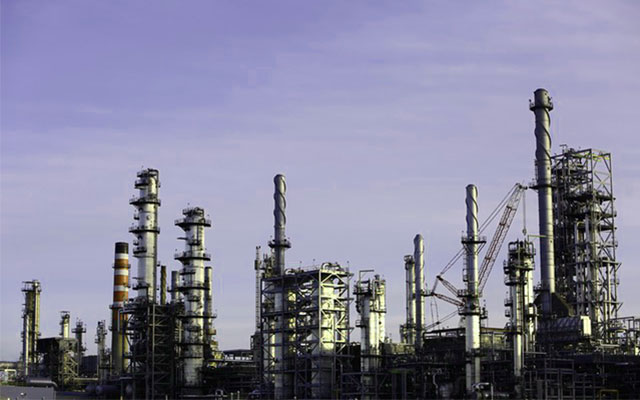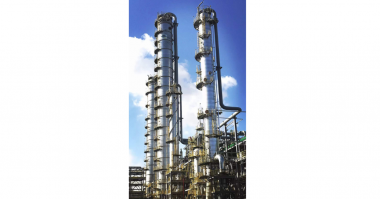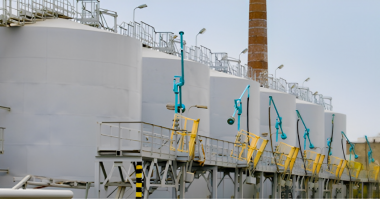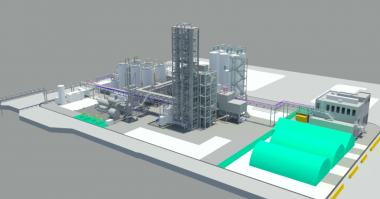Author: Jean-Marc Fosseaux, Rotating Equipment Expert
If the personnel protection has always been very important for a pump system design, the environment protection has now reached the same level of concern. International organizations have been discussing for several decades the greenhouse effect and the rejection in the atmosphere of CO2 and other pollutants. On this aspect, a single pump cannot be considered as a major contributor but the great number of pumps in operation can be a significant contributor to greenhouse effect pollutants.
As a consequence of these discussions, several countries have edited new regulations to limit the allowable atmospheric emissions; the regulations are getting more and more stringent in term of atmospheric rejections. To comply with the official regulations, many pump and seal manufacturers have developed new designs which are generally an evolution of their existing solutions.
Once zero emission seals were developed, it was then possible to design zero emission pumps. The zero emission seal system is complex and requires specific maintenance. A zero emission seal system is a dual seal with auxiliary piping system, seal pot and instrumentation. The idea came to eliminate the need for dynamic seals (mechanical seals) and rely only on static seals, which are more reliable. This is what is commonly designated as “sealless pumps”. Both pumps have no mechanical seals (only gaskets) which gives the generic term “sealless”.
The sealless pump is a simpler design in terms of sealing system (no dynamic sealing) and can be one of two types: canned motor pumps and magnetic drive pumps.
Magnetic Drive Pumps are a type of centrifugal pump that does not use mechanical seals or packed glands. Instead, a “shroud”, or static containment shell, forms a liquid pressure boundary (as opposed to a dynamic seal that would normally seal the pump’s impeller shaft). An external bank of magnets spins to transfer magnetic force from the containment shell through to the pumps’ sealed liquid.
Canned Motor Pumps are a type of centrifugal pump that have the motor inside the casing. The rotor is connected to the motor and both are built inside a sleeve, or “can”, which separates the rotor and motor from the hazardous chemicals being pumped. The stator is outside the can and shaft rotation is created via electromagnetism (similar to the magnetic forces employed by mag drive pumps).
These sealless pumps first appeared in the European chemical industry where the products handled are more diversified and more challenging than in the oil and gas industry. The extension to the American oil and gas industry has been possible with the introduction of the API Standard 685, which was introduced in the United States 16 years ago. The API 685 Standard, which was released in 2000, is the “sealless pump” equivalent to API 610. Nowadays several manufacturers propose either a canned pump or a magnetic drive pump, both in accordance with the API standard 685, which specifies requirements for sealless centrifugal pumps and therefore provides assurances for the oil and gas industry. For an in-depth look at the API 685 Standard, check out an excellent tutorial written by Shawn L. Bennett and Jim E. Bryant for the 2003 Pump Users Symposium.
Two Important Reasons to Use Sealless Pumps
Safety
Sealless pumps are great options when you are pumping a very dangerous product – dangerous for the people or the environment. Sealless pumps are sealed without any dynamic seal, only a static seal, so you can be sure of the tightness of the pump. When the product is lethal or carcinogenic, take ammonia liquid (H2S) or benzene for example, pump owners and plant operators want to be sure there will be no leakage. Companies in the chemical and oil and gas sectors that are pumping these dangerous materials require pumps with no leakage; so sealless pumps provide this safer option.
Less Maintenance
Some companies opt to use conventional pumps, which are sealed by static gasket. If a gasket is high quality and correctly installed, there is no leakage. But conventional pumps require dual seal auxiliary pumps to make sure there is no leakage. On the other hand, if you use a sealless pump, you don’t require ancillary pumps. Fewer ancillary pumps means ‘less maintenance’ because there are no mechanical seals. Mechanical seals are a part that wears and must be changed out every 2 to 3 years. With sealless pumps, they don’t rely on mechanical seals, so money is not spent to replace mechanical seals.
If you have any questions about sealless pumps, post your question in the Industry Forum!





Comments